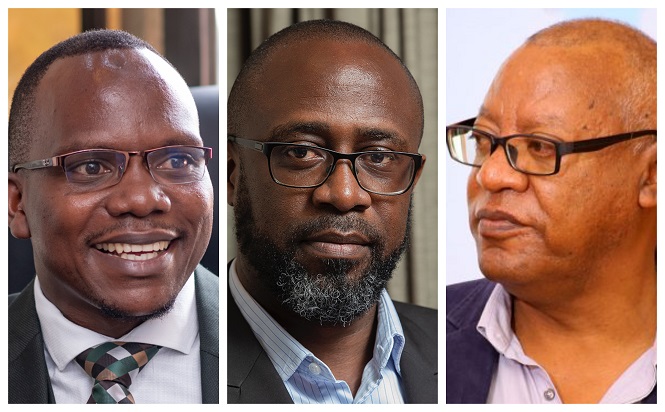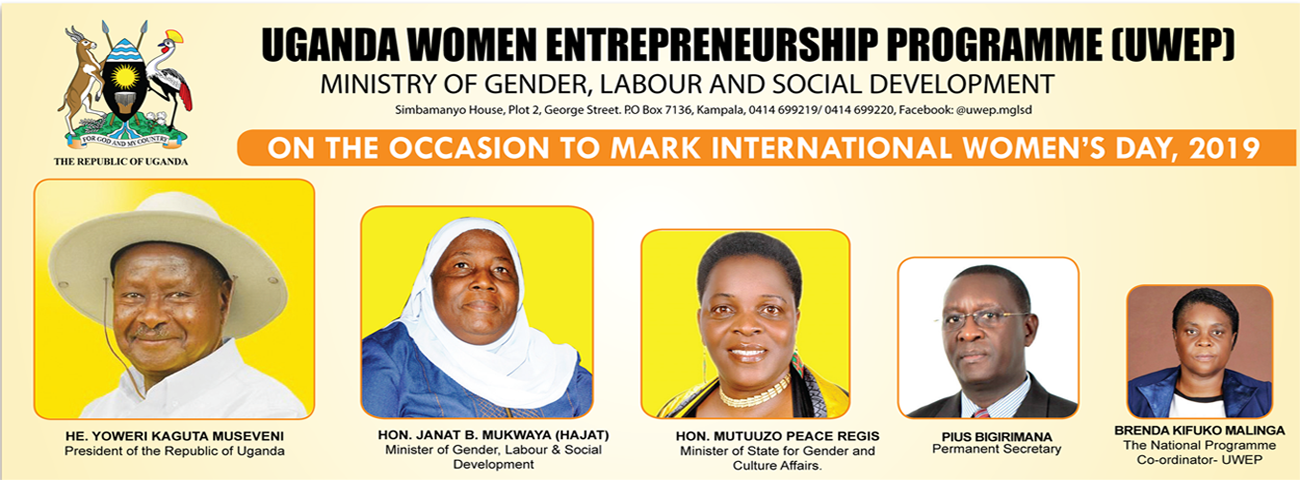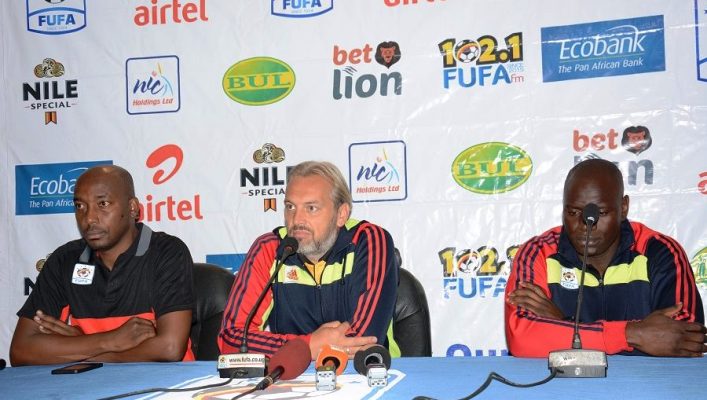Left-Right: David Opio Obwangamoi, Executive Director of gnuGrid CRB; Adrian Bukenya, Country Director for the Mastercard Foundation Uganda and Fassil W. Marriam, Executive Director of CRVPF.
Children’s Rights and Violence Prevention Fund (CRVPF), and gnuGrid CRB, in partnership with the Mastercard Foundation, have extended their partnership for the Empowering Youth Through Data and Community Development (EYDCD) program.
The EYDCD program will provide market-relevant skills, business development resources, and digital financial inclusion to empower young people. Building on the success of the Youth and Capacity Development (YCD) program (2020-2023), this expanded effort aims to reach 400,000 young people in Uganda (70% female) and create 250,000 dignified and fulfilling employment opportunities by 2028.
The YCD program, implemented by CRVPF and in partnership with the Mastercard Foundation, reached 187,000 young people in Uganda, 63% of whom were women. By the conclusion of the program, over 110,000 young people (68% young women) had secured employment as entrepreneurs or in formal job positions. The YCD program participants were provided with a range of interventions, including vocational training, financial literacy education, business development services, mental health and psychological support, and life skills training, among others.
Joanita Nabagesera, 32, one of the CRVPF program participants registered under Sanyu Centre for Arts and Rights (SARI) shares: “Before joining the program, I was unemployed and struggling to meet basic needs. Through SARI, I received comprehensive training in life skills and entrepreneurship, startup capital, and valuable insights into market opportunities. This support enabled me to start my own fashion business. Today, I am a successful entrepreneur with a thriving business, serving multiple customers weekly and I have even secured a school contract to make uniforms. I have ambitious plans, including expanding my enterprise into a larger fashion and bridal business and establishing a training school for young people interested in fashion and design.”
Adrian Bukenya, Country Director for the Mastercard Foundation Uganda, stated: “The success of the first phase of the EYDCD program highlights the resilience and potential of Uganda’s young people. This initiative aligns with our broader Young Africa Works strategy, which envisions a robust, inclusive, and resilient economy driven by empowered young people and strong, sustainable institutions. We are excited to scale this impact further by leveraging technology and community-based approaches. By doing so, we aim to create sustainable economic opportunities for young people across the country. Programs like EYDCD are critical to achieving our ambitious target of enabling 4.3 million young people in Uganda to access dignified and fulfilling work by 2030.”
Expanding Impact and Opportunities
The EYDCD program will target young people between the ages of 18 and 35. The program will provide them with market-relevant skills, business development resources, and digital financial inclusion. Additionally, the program will strengthen the capacities of 200 community-based organizations to deliver training and capacity-building programs, linking 400,000 young people, including those in refugee and host communities, to work opportunities.
By digitizing 3,000 youth-led Village Savings and Loan Associations (VSLAs) and creating digital wallets for their members, the program aims to enhance access to financial services and products from local financial institutions.
The program will also establish and strengthen 10 Savings and Credit Cooperative Organizations. Additionally, it will increase the adoption of technology in community finance structures by enhancing digital financial services and implementing credit scoring models. These efforts will facilitate better access to credit and financial inclusion for young people.
Fassil W. Marriam, Executive Director of CRVPF, commented: “Our objective is to provide young people with the necessary skills and knowledge required to engage in secure, respectable, and rewarding employment, as well as to access financial services by digitizing VSLAs and promoting financial literacy. Through EYDCD, our goal is to ensure that young people are placed in safe and fulfilling work environments thereby preventing violence against them.”
Digital Integration for Financial Inclusion
GnuGrid CRB will facilitate young people with better access to credit and financial tools by integrating digital solutions into VSLAs. This initiative will create a digital footprint for VSLA groups and members, promoting data-driven credit decisions and broader access to the credit market.
David Opio Obwangamoi, Executive Director of gnuGrid CRB, stated, “We are excited to integrate our digital financial services into the EYDCD program. By providing digital wallets and credit scoring models, we aim to ensure that young people have access to the credit and financial tools they need to thrive.
Additionally, young people will also have a chance to build their credit profile that can act as reputational collateral and improve their chances of getting credit from several providers.”
Program Implementation
EYDCD will be implemented in 22 districts across Uganda including Buikwe, Bukomansimbi, Butambala Buvuma, Gomba, Kalangala, Kalungu, Kampala, Kassanda, Kayunga, Kiboga, Kyankwanzi, Luweero, Lyantonde, Masaka, Mityana, Mpigi, Mubende, Mukono, Nakaseke, Nakasongola, and Wakiso. The program will also be implemented in refugee settlements including Orukyinga, Kyangwale, Kiryandongo, Palabek, Rhino, Kyaka, Omugo, Lobule and Parolinya. The selection of these districts was deliberate, as they exhibit the highest scores on the Multidimensional Poverty Index. This index considers crucial variables such as education, health, living standards, employment, and financial inclusion.
The program also aims to strengthen both formal and informal grassroots organizations across these districts. These community-based organizations will play a crucial role in providing support and opportunities for young people, aiding in their personal development, and facilitating access to dignified and fulfilling work opportunities.





